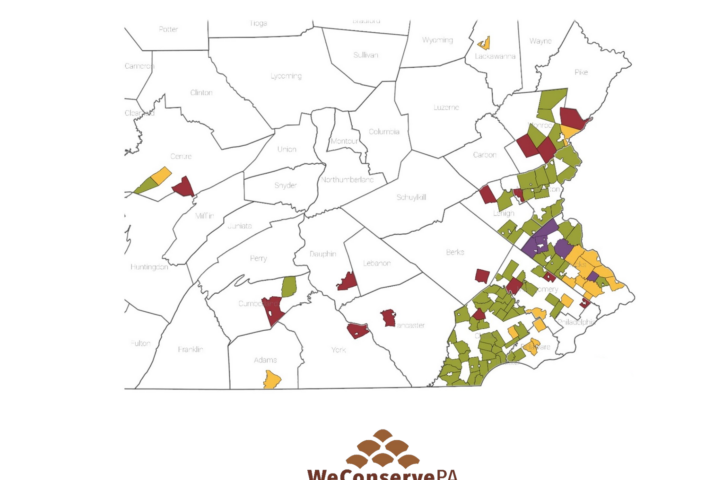WeConservePA has updated its guide Land Trust Standards and Practices: Guidelines for the Responsible Operation of a Land Trust.
The Land Trust Standards and Practices (Standards) are operational guidelines for land trusts. They are designed to help organizations operate in an ethically and technically sound manner. The Standards reflect the values and concerns expressed by many voices in the land trust community.
The Standards consist of 12 broad principles, which are divided into 59 practices and 188 practice elements that describe the actions required to meet the Standards. The practice elements vary in their focus—ethics, legalities, running an effective organization, supporting the land trust movement as a whole, optimizing public relations, and more.
The Standards are guidelines; there are many ways for a land trust to implement the practices, depending on the size and scope of the organization.
The Standards provide multiple layers of benefits:
- The concrete, widely accepted guidelines help individual land trusts operate responsibly and successfully.
- The land trust community as a whole gains credibility from its constituent land trusts continuously striving towards conformance with high standards of behavior.
- The public benefits from the quality of conservation achieved by well-run organizations.
The Land Trust Alliance (LTA) first published the Standards in 1989, recognizing that a strong land trust community depends on the credibility and effectiveness of all its members. LTA has revised the Standards over the years to incorporate the insights of hundreds of conservation leaders from across the country; the most recent revision process was completed in 2017.
More than 1,000 land trusts across the country have adopted the Standards.
WeConservePA encourages all nonprofit organizations that acquire land or easements for conservation purposes to use the Standards as their guiding principles and take steps to bring their operations into alignment with the Standards.


